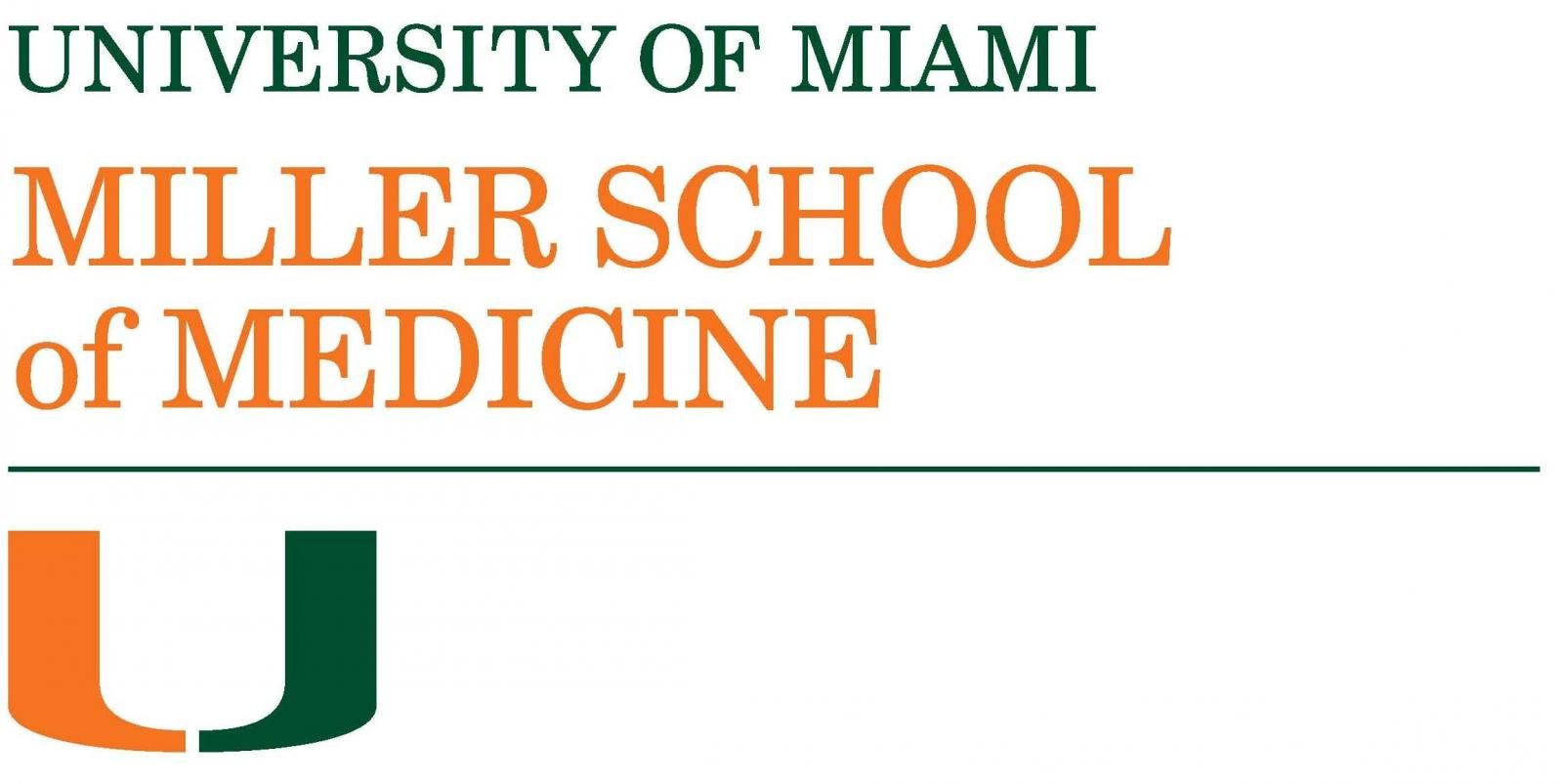
Driving Innovation in Aging and Neurodegenerative Research: Henri Ford, MD, MHA

The dean and chief academic officer at the University of Miami Miller School of Medicine discussed the university’s investment in computational biology to advance aging and neuroscience research. [WATCH TIME: 5 minutes]
WATCH TIME: 5 minutes
"The University of Miami is really well-positioned to become one of the national leaders in the area of aging and science research. We've invested in computational biology and founded the first institute for chemistry and molecular sciences. With these tools, we have the resources necessary to be truly impactful and distinctive—impactful in developing innovative treatments to address some of the vexing challenges facing our aging population."
Computational biology, a rapidly advancing field at the intersection of biology and data science, leverages computational techniques to understand and model complex biological systems. Its applications range from decoding genomic data to modeling disease pathways, offering transformative potential for fields such as neuroscience and aging research. As these disciplines grapple with some of the most pressing healthcare challenges, computational biology may serve as a bridge to innovative solutions and precision medicine.
According to recent news, the University of Miami has committed over $30 million to advance research in neuroscience and aging, areas critically impacting both national and local populations, including South Florida. This substantial investment over the next 5 years will establish a potential groundbreaking computational biology program at the University of Miami Miller School of Medicine. By fostering interdisciplinary collaborations across university departments, the initiative aims to unravel the complexities of aging and neurodegenerative disorders, driving forward scientific discoveries and clinical applications.1
Following this news, NeurologyLive® conducted an interview with Henri Ford, MD, MHA, dean and chief academic officer at the
REFERENCES
1. The University of Miami Will Invest $30 Million to Enhance Research and Innovation in Basic Science and the Areas of Neuroscience and Aging. University of Miami Miller School of Medicine. News Release. Published October 17, 2024. Accessed November 19, 2024. https://news.med.miami.edu/30-million-investment-enhances-research-and-innovation-in-basic-science/
Newsletter
Keep your finger on the pulse of neurology—subscribe to NeurologyLive for expert interviews, new data, and breakthrough treatment updates.










